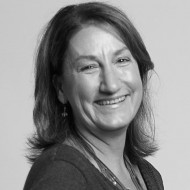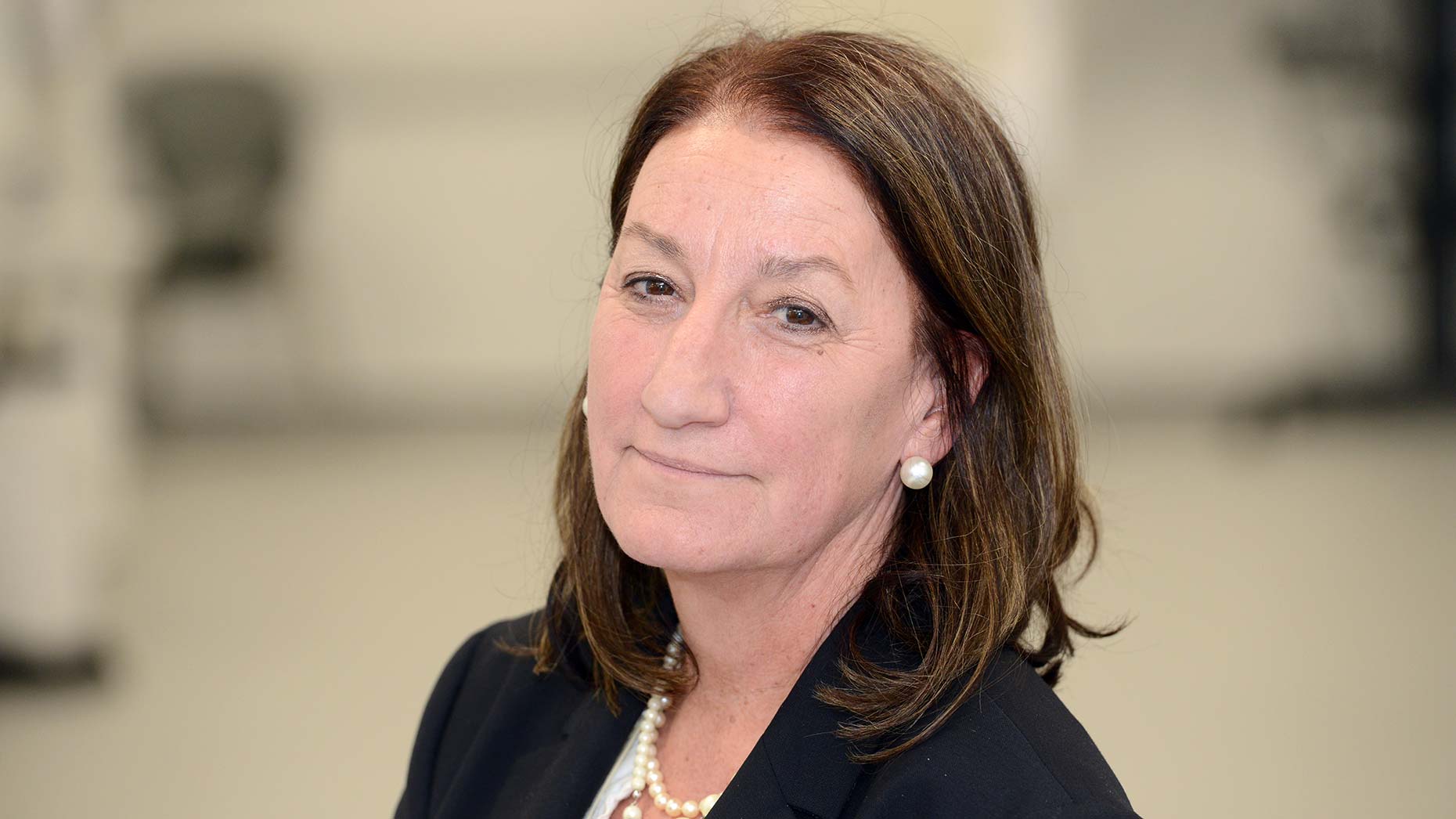Twelve months ago, I reflected on how every year offers its own unique challenges. However unique the challenges of 2020 have been for all of us, Coronavirus has affected us all in different ways. I am nevertheless tremendously buoyed by the way our community has come together to look after one another in a spirit of kindness and innovation, which I believe will have a lasting legacy.
We are witnessing a new age of altruism, where people are showing, now more than ever, it’s important to be kind.
From student nurses working alongside their colleagues and mentors on the frontline of NHS services, to the University of Lincoln’s school of engineering producing vital personal protective equipment, our response to the COVID-19 pandemic has provided invaluable support to healthcare workers, and indeed those affected by the disease.
It was so heartening that much of this was made possible by the generous donations made to the university’s Just Giving page, raising more than £90,000 to support our health and social care services.
We will keep working with health and social care partners to ensure that training and education continues to support the evolving workforce needs both during and after the pandemic, across nursing, allied health professions and social work.
Our latest development, the Lincoln Medical School, has brought a welcome boost to the healthcare community, both in Lincolnshire and nationally. Our medical students join the hundreds of future nurses, paramedics, and many of the other key health professions and social workers already studying with us. Work is progressing well on our new Medical School Building, which is due to open next year.
You don’t have to work in medicine or social and healthcare to make a difference. People in all walks of life are supporting and helping one another in new and important ways. We have been inspired by our students and graduates who are driven to make a positive difference in the world – whether that’s delivering healthcare, fighting for social justice, or designing solutions for grand environmental challenges.
From the historians helping to shape the future by learning from the past, our psychologists seeking to understand how and why we act in the way we do, to the engineers creating tomorrow’s breakthrough technologies, we can all play our part.
The university continues to invest in this region and to make a difference for our local community, which we are proud to be part of. In conjunction with the Lincoln Medical School and with global challenges in mind, the university has this year established the Lincoln International Institute for Rural Health, which is now conducting world-class research focusing on the greatest health issues facing rural communities, both locally and globally.
Elsewhere, we are helping secure the future of UK and international farming and food production after gaining funding for what is widely considered to be the world’s first robotic farm.
We are delighted to be part of a consortium working on the ‘Robot Highways’ project. Robotics has the potential to transform the food and farming industries in the coming years, as producers adapt to meet significantly increased global demand. This project will service a pressing national and international need and positions Lincolnshire, and the UK, at the leading edge of research innovations in this truly global industry.
In September, many joined us to celebrate when we received the fantastic news that we have been named Modern University of the Year by The Times and Sunday Times Good University Guide 2021. This national recognition is testament to our commitment to looking toward the future and for offering an outstanding all-round student experience. We are all very grateful to the beautiful city of Lincoln for providing such a supportive home for our students, and this award is something we should all feel very proud of.
Our university community, alongside millions of people all over the world, has shown great resilience and agility in adapting quickly to a new way of learning and working, to help ensure that education and the ambitions of our young people haven’t had to be put on hold.
From the Coronavirus pandemic to the Black Lives Matter movement, the last year has reminded us of the need to value our differences, to educate and learn from each other and see our diversity as a strength.
Moving forward, we will take with us the lessons we have learnt, embrace the positives that have come from a new way of working, and above all, continue to be kind and support one another as we adapt to our new normal and look to the future. Together, we are stronger.
I wish you all a better year for 2021. I wish you happiness, peace and success. Thank you to everyone for their continued support.
Professor Mary Stuart is the Vice Chancellor of the University of Lincoln. She is a graduate of the University of Cape Town and the Open University, where she obtained her Doctorate in Social Policy in 1998. Her research interests are focused on life histories, social mobility, higher education students and community development.






